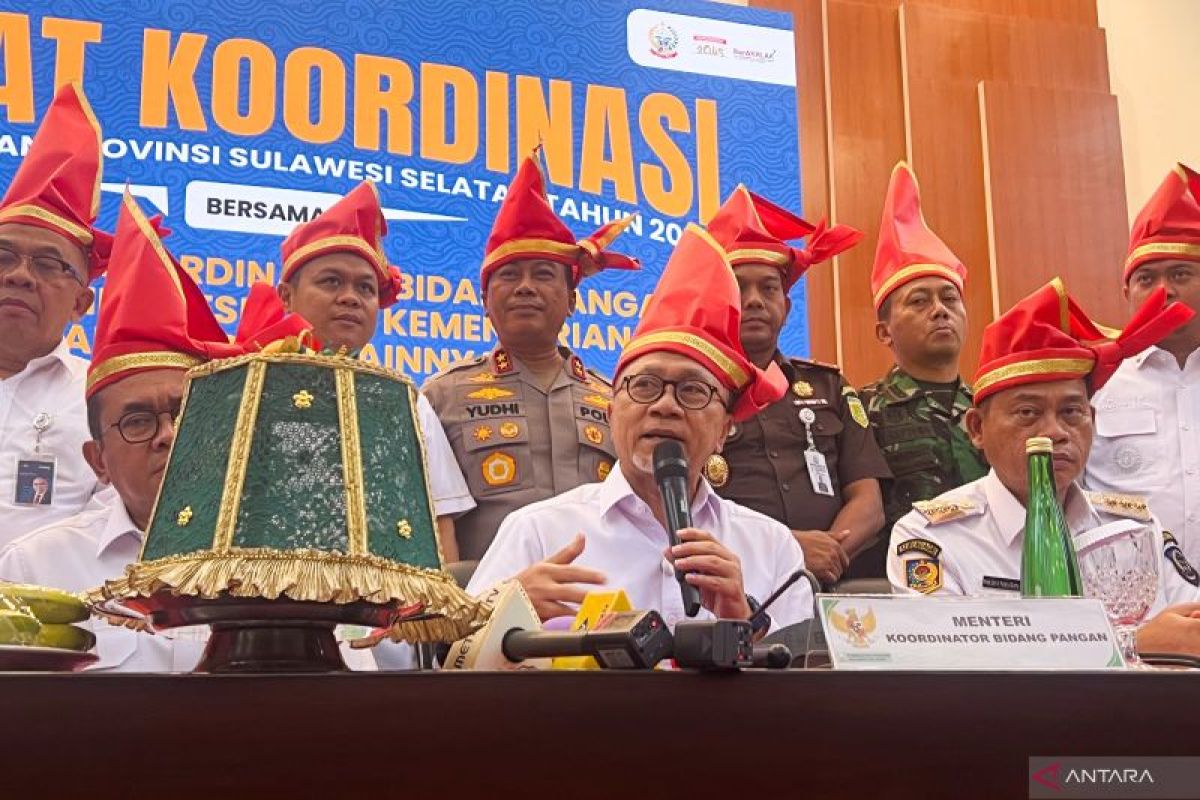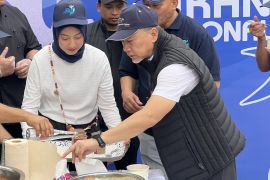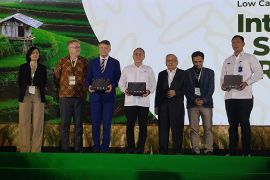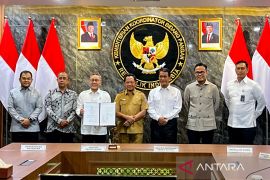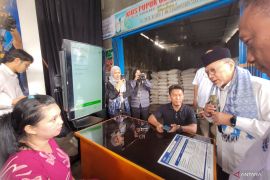The four commodities affected by this import ban are rice, table salt, table sugar, and corn for livestock feed.
During a coordination meeting on food held here on Friday, Hasan affirmed that currently, the processes and stocks for most food commodities are safe and stable.
He outlined that the government rice reserves (CBP) in the warehouses of state-run logistics company Bulog are currently safe, reaching two million tons.
In addition, stocks of broiler chicken meat, broiler chicken eggs, and curly red chilies are safe.
"Indeed, there is a slight shortage of bird's eye chilies, but for curly red chilies, the supply is already abundant," he revealed.
The minister also underlined that he would continually collaborate with various ministries and agencies to achieve food self-sufficiency by 2027, as targeted by President Prabowo Subianto.
"We are working hard. We are holding a coordination meeting so that all districts and governors are on the same page. If we work hard, we believe that we no longer need to import commodities. We believe we can," he remarked.
Hasan echoed his readiness to evaluate the implemented policy.
When contacted on Friday, Director of Food Availability at the National Food Agency (Bapanas) Indra Wijayanto stated that the government's decision to ban imports of four food commodities was taken in light of a projected increase in production this year.
He remarked that the rice stock in late 2024 in the food balance projection was recorded at 8.1 million tons, including the two million tons of CBP.
Meanwhile, for this year's production, the Ministry of Agriculture projects that the production of paddy equivalent to rice in the first quarter of 2025 will reach around nine million tons.
Related news: Bulog expects rice distribution to lower price to Rp11 thousand
Related news: Rice imports only cover below five pct of nation's total needs: Jokowi
Translator: Muhammad Harianto, Raka Adji
Editor: Rahmad Nasution
Copyright © ANTARA 2025
